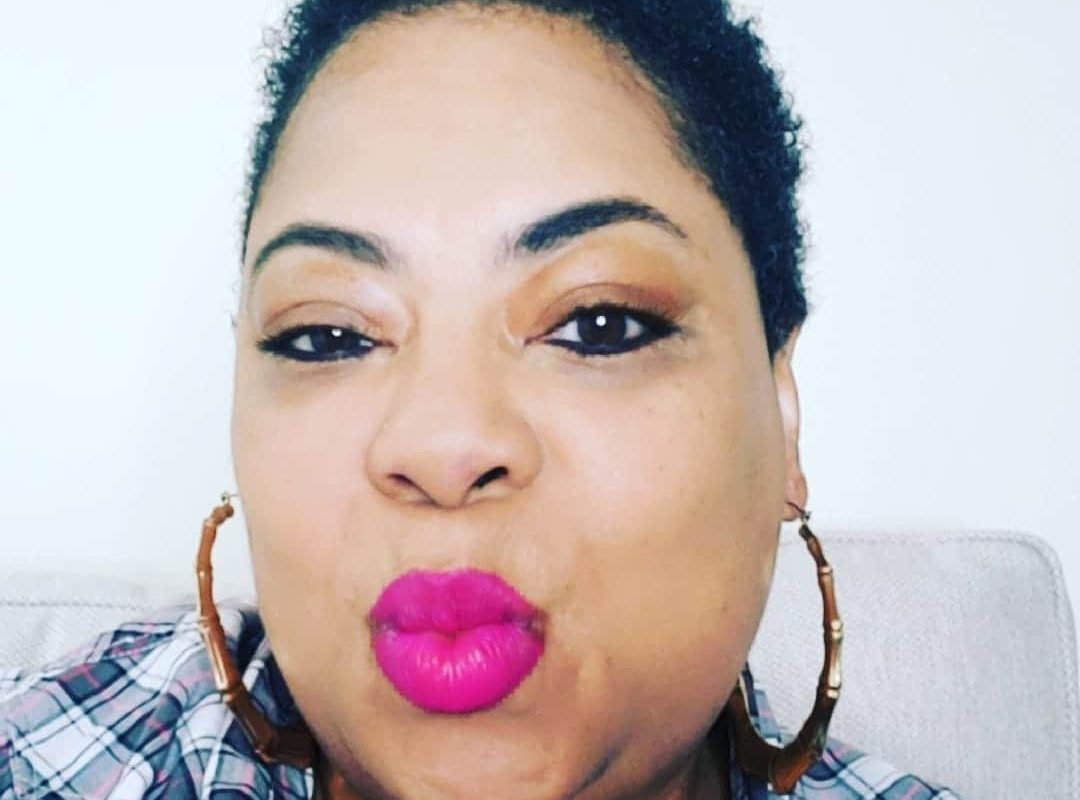Ageism is an ugly practice that needs to end
OPINION: Age discrimination can be extremely damaging, particularly for Black women
“She looks so good for her age.”
“You look so young for your age.”
“You don’t look a day over xxx!”
“You must be aging in reverse!”
“You’re too young to understand.”
“You’re very mature for your age.”
We hear statements like these over and over again on a daily basis. Individually, we may be guilty of using them ourselves—I know I have in the past.
In my early twenties, I worked with an older white woman named Vera. Vera was a good person. She was into metaphysics, was always friendly to me when we interacted, and always had a kind word for everyone.
In my ignorance, I would jokingly refer to her as an old lady because, in our office, she was the oldest person there—and at the time, she was only in her 40s.
I called her old lady one too many times, however, and on the day it happened, she said something that came back to me years later when I was in my forties, and someone called me old.
She said, “One day, someone is going to call you an old lady, and you aren’t going to like it.”
She was right.
The first time someone referred to me as “old,” I was taken aback. Old? I was in my 40s. That’s not old.
And then I remembered Vera, and the things I had said to her and what she said to me in response.
As I have matured and become more aware of the way ageism works, my thinking and behaviors toward age have changed. I realize how damaging it can be, especially to us as Black women, and I have vowed not to participate in it in any fashion.
World Health Organization (WHO) defines ageism as follows: “Ageism refers to the stereotypes (how we think), prejudice (how we feel) and discrimination (how we act) towards others or oneself based on age.”
WHO says that half the world is ageist against older people, but young people in Europe say they have been the victims of age discrimination more than any other age group.
It is an ugly business that presents itself in all facets of our lives. It doesn’t always present itself as insults against someone’s age or looks. It can sometimes mean an older Black woman not getting a job because society has already deemed that she has reached her expiration date and has nothing more to offer. It can be the opinions of a younger person being dismissed because someone views them as not having enough life experience to contribute in a meaningful way. It is a way of placing people in a box based on one simple trait: the number of years they have been on this earth.
Angela Bassett is a gorgeous Black woman who has graced both the big screen and television in many different roles. The most common “compliment” I hear people give her about her looks is that she looks so much younger than her 63 years. It always makes me wonder if the only reason people praise her beauty is because she looks young. Would she receive the same praise if she “looked her age?” And what exactly does that mean anyway?
How many times have you heard the phrase “Black don’t crack”? Notice that it is usually used to describe Black women and not Black men. That is also a problem.
Yes, it is a fact that a lot of Black women look younger than their years, but does that mean we have to make women who actually look their age feel bad about their looks?
Men are allowed to age, bald, and get fat, but when a woman—especially a Black woman—shows any signs of being her rightful age, there are minor criticisms in the form of microaggressions that belittle her and her appearance. Black women are made to feel like they can’t look older.
It can also be said that it is middle-aged Black women who bear the brunt of this. No one criticized Maya Angelou or Toni Morrison for looking their age. Our “elders” are given a pass (usually) in the ageism game, but women in their 30s, 40s and 50s are held to an impossible standard that they will never be able to meet. This needs to stop.
There is nothing wrong with looking your age. In fact, reaching middle age or even old age should be seen as a badge of honor.
I grew up in Los Angeles, and I lived my teenage years in the height of the crack and gang-banging era. I know so many of my peers, male and female, who didn’t live past high school, let alone to reach the age of 50 where I am now.
I consider my age to be a privilege. There are so many times I could have left this world, but I’m still here doing my thing.
So I will take these laugh and frown lines and the creases in my forehead as an acknowledgment of everywhere I have been and the places I plan to go.
I’m proud of my age and all the wisdom I have gained along the way, and I refuse to let anyone make me feel bad about it.
You shouldn’t either.
Ageism is an ugly practice that needs to end.
Monique Judge is a storyteller, content creator and writer living in Los Angeles. She is a word nerd who is a fan of the Oxford comma, spends way too much time on Twitter, and has more graphic t-shirts than you. Follow her on Twitter @thejournalista or check her out at moniquejudge.com.
Have you subscribed to theGrio podcasts “Dear Culture” or “Acting Up?” Download our newest episodes now!
TheGrio is now on Apple TV, Amazon Fire and Roku. Download theGrio.com today!
The post Ageism is an ugly practice that needs to end appeared first on TheGrio.

